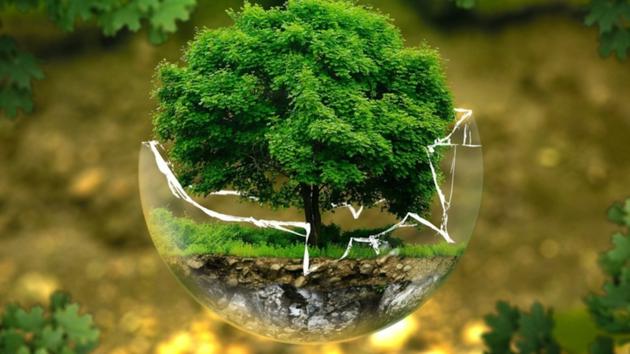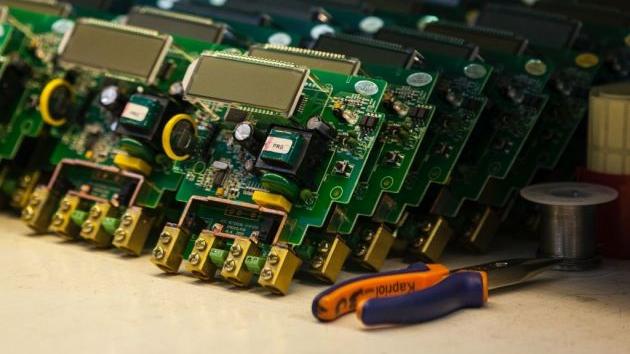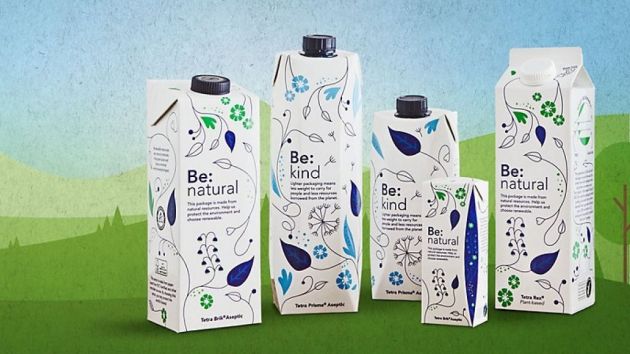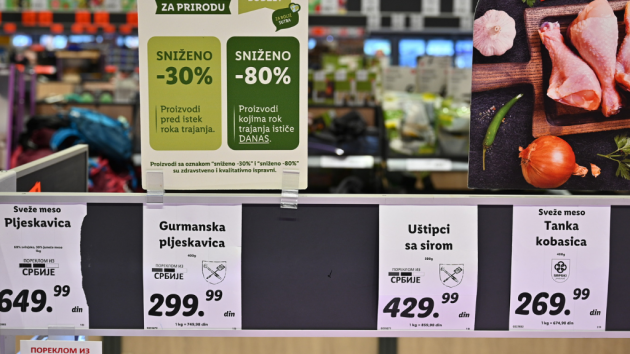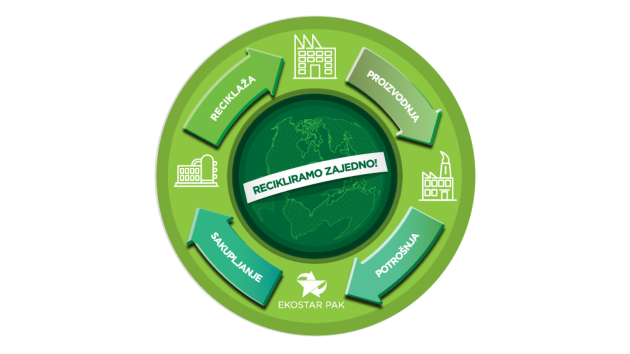How Tourist Destinations Are Coping with Waste – Separation Starts in Zlatibor, Bergen Develops Underground System, Cyprus Setting Up Recycling Machines
Source: eKapija
 Monday, 05.06.2023.
Monday, 05.06.2023.
 09:28
09:28
 Monday, 05.06.2023.
Monday, 05.06.2023.
 09:28
09:28
Waste compactors in Nice (Photo: Marija Dedić)

The tourists who visit Zlatibor this summer will find two buckets for the separation of waste in each accommodation unit if they stay in the Obudojevica settlement, the part of this tourist center where waste selection started recently.
This is just one of the ways in which attractive tourist destinations are fighting the increasing burden on the environment that a large number of tourists inevitably entails.
The United Nations Environment Program (UNEP) points out that 1.3 billion tons of waste, which is between 4 and 8% of the total amount of waste in the world, is produced by tourists. An average European tourist generates around a kilogram of waste a day, and an American one generates up to 2 kilograms, according to the UNEP’s estimate. That is why there is an increasing number of destinations implementing various environmental protection strategies.
Underground system in Bergen, recycling machines in Cyprus
The second largest city in Norway, Bergen, also known as the gate to the fjords, has developed an underground waste disposal system in order to preserve the medieval city center which is protected by the UNESCO. A network of vacuum tubes has been built below the city center and it enables the transportation of the waste to the edge of the city, where it is separated and further processed, recycled, or used to generate heating energy.
By moving the waste underground, the city hopes to reduce the risk of fires, waste, vermin and noise and the presence of waste removal vehicles. The project is similar to the automated system which is used on the Roosevelt Island in New York City, which is visited by two million tourists a year.
Innovative systems are available at the seaside too. In the capital of Cyprus, Larnaca, a machine for the recycling of plastic, glass and metal has been installed on the beach so as to reduce the amount of waste generated by beach hotels and thereby reduce the amount of plastic that enters the sea.
The success of the pilot project has led to the installation of similar machines in other locations in Cyprus. The users are awarded with a one-cent voucher for each recycled item. They can use the voucher for parking, cultural events, renting beach beds and parasols, as well as for donations.
Similar schemes exist all over the world. In Australia, recycling machines accept cans and plastic bottles in exchange for vouchers which can be used for purchase in local businesses. In Spain, recycling machines on beaches accept plastic bottles in exchange for a credit which can be used to top-up mobile phones or access free internet.
Nice has opted for other types of machines, so, on the promenade above the beach, waste compactors have been installed, whose purpose is to compact waste in order to facilitate its transports and further processing.
Nobody wants to see waste on their vacation
A big problem during vacations is food waste, which often makes up 30 to 50% of the total waste. That is why several Mediterranean countries, among which are Spain, Italy, Malta, Palestine, Israel, France (Corsica), had launched a project which aimed to collect precisely this kind of waste in tourist centers.
They had developed a cheap and efficient door-to-door system of the collection of biowaste, from both households and hotels and restaurants, and the waste was taken to composting factories. The project ended in 2015, and although there had been certain legislative problems, as well as a lack of harmonization with the existing waste management practices, it was shown that this kind of waste could be used. Similar initiatives were later launched in tourist parts of Spain and other countries.
Another good example is the three-year UrBAN-WASTE project, which was financed by the European Commission in order to improve waste management in cities with a high influx of tourists “because nobody goes to a vacation to see waste.” The project started in 2016 on Tenerife, where a framework for the collection and sustainable treatment of waste had been created. Cities like Copenhagen, Florence and Lisbon, where a mobile app which awarded tourists who created less waste had been launched, were also included. Although the project officially ended in 2019, the network has continued operating.
M. D.
Tags:
UNEP
UrBAN WASTE project
Zlatibor waste separation
recycling machines
tourism and waste
biowaste
food waste
waste management
Comments
Your comment
Most Important News
Full information is available only to commercial users-subscribers and it is necessary to log in.
Follow the news, tenders, grants, legal regulations and reports on our portal.
Registracija na eKapiji vam omogućava pristup potpunim informacijama i dnevnom biltenu
Naš dnevni ekonomski bilten će stizati na vašu mejl adresu krajem svakog radnog dana. Bilteni su personalizovani prema interesovanjima svakog korisnika zasebno,
uz konsultacije sa našim ekspertima.


 Izdanje Srbija
Izdanje Srbija Serbische Ausgabe
Serbische Ausgabe Izdanje BiH
Izdanje BiH Izdanje Crna Gora
Izdanje Crna Gora


 News
News







